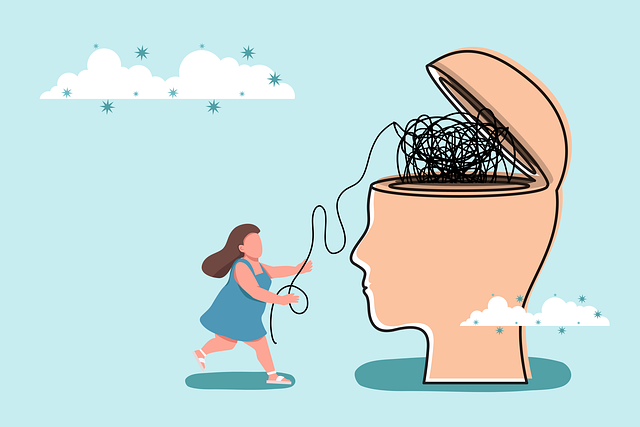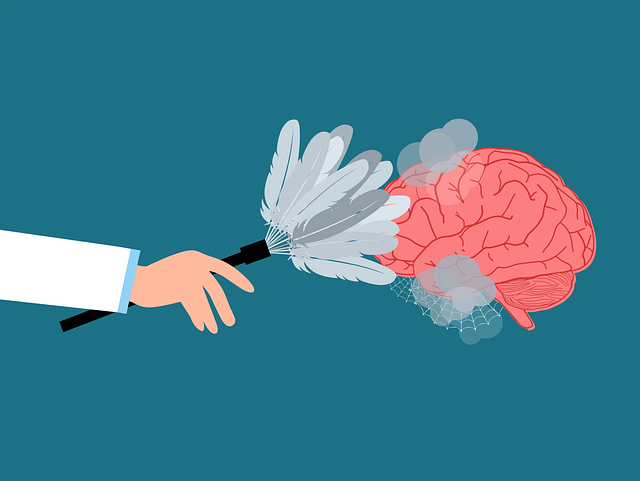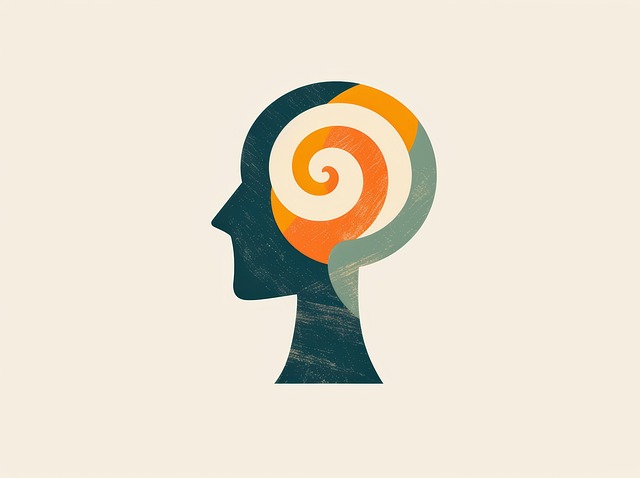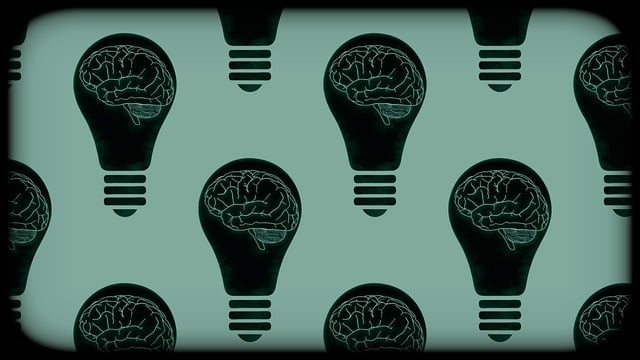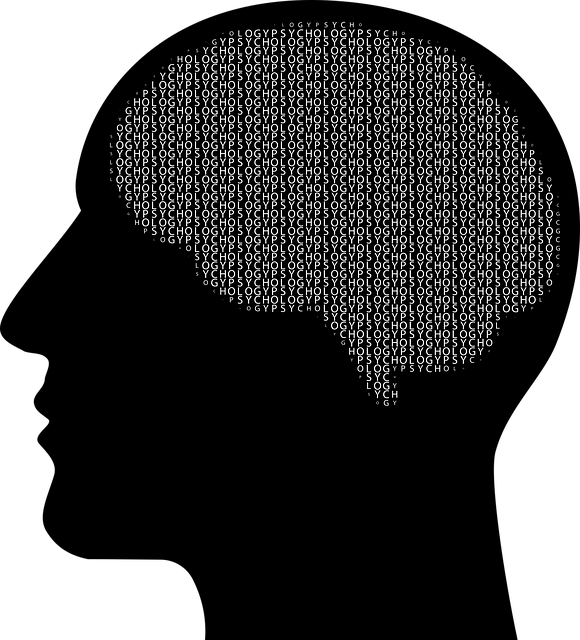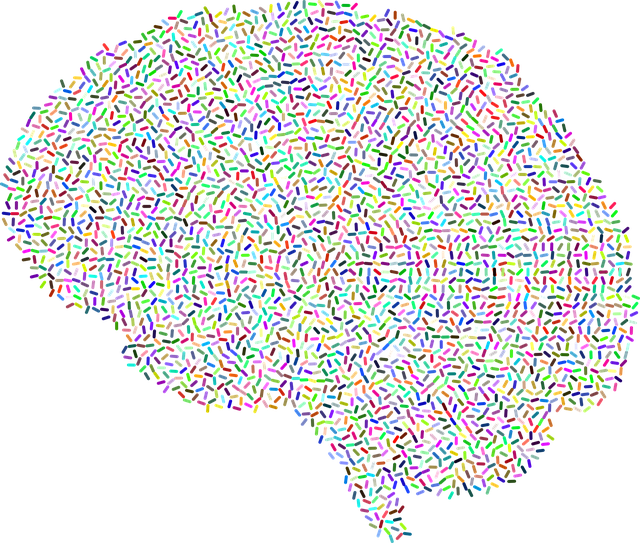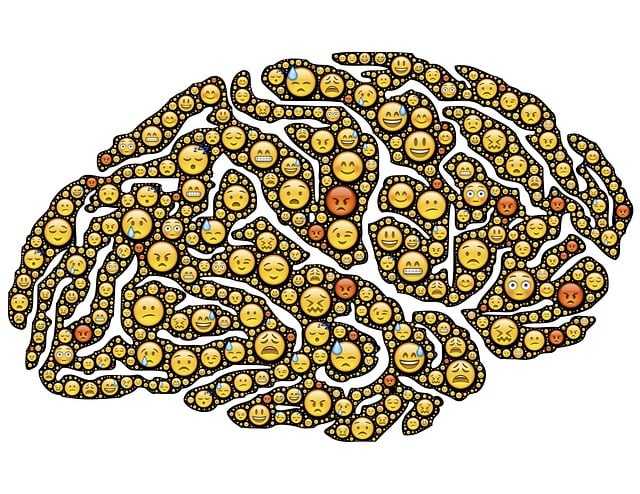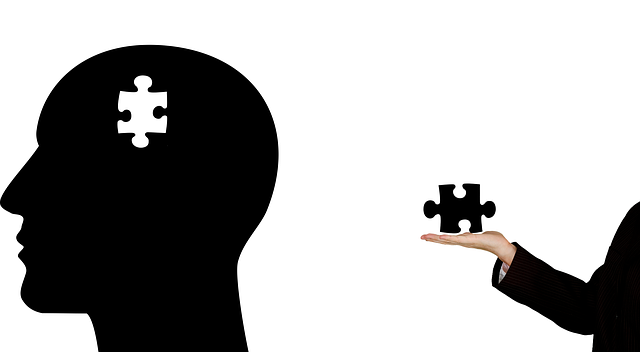Northglenn Family Counseling Therapy (NFCT) prioritizes cultural competency, equipping counselors with skills in active listening, cultural awareness, and bias recognition through specialized training. This approach overcomes barriers in patient care caused by unconscious biases, enhances therapy quality, promotes inclusivity, and ensures personalized care tailored to each client's cultural context. NFCT views cultural competency as an ongoing process, fostering continuous learning, knowledge sharing, and advocacy for inclusive policy changes to improve mental health services for diverse backgrounds.
In today’s diverse healthcare landscape, cultural competency is paramount. Northglenn Family Counseling Therapy recognizes the critical need for training that equips providers to deliver empathetic, effective care to all patients. This article explores the significance of cultural competency in healthcare, delving into the impact of biases and stereotypes on patient interactions. We present strategies for designing impactful training programs and emphasize continuous learning as a key to fostering long-term cultural competence within Northglenn Family Counseling Therapy and beyond.
- Understanding Cultural Competency in Healthcare: A Need for Northglenn Family Counseling Therapy
- The Impact of Cultural Biases and Stereotypes on Patient Care
- Designing Effective Training Programs for Healthcare Providers
- Continuous Learning and Adaptation: Ensuring Long-Term Cultural Competence
Understanding Cultural Competency in Healthcare: A Need for Northglenn Family Counseling Therapy

Cultural competency is an essential aspect of healthcare that Northglenn Family Counseling Therapy (NFCT) recognizes as a cornerstone of their practice. In today’s diverse society, understanding and appreciating cultural differences among patients are vital to delivering effective therapy services. NFCT aims to bridge the gap between different cultural backgrounds and mental health care by providing specialized training to its counselors.
This initiative is particularly relevant in addressing various communities’ unique mental wellness needs. By incorporating skills like active listening, cultural awareness, and bias recognition into their practice, NFCT’s counselors can effectively support individuals from diverse ethnic, racial, and socioeconomic groups. This approach not only enhances the quality of therapy but also fosters a more inclusive environment, ensuring that every client receives personalized care tailored to their cultural context.
The Impact of Cultural Biases and Stereotypes on Patient Care

Cultural biases and stereotypes can significantly impact patient care, often leading to miscommunications and misunderstandings between healthcare providers and patients from diverse backgrounds. These unconscious prejudices may result in biased judgments about a patient’s behavior, beliefs, or needs based on their race, ethnicity, religion, gender, or other cultural factors. For instance, a provider with preconceived notions about a certain cultural group might misinterpret a patient’s symptoms or cultural practices, leading to inadequate treatment plans.
At Northglenn Family Counseling Therapy, we recognize the critical need for cultural competency training among healthcare professionals. By addressing these biases and stereotypes head-on, therapists can create a more inclusive and effective environment. This involves understanding that every patient has unique experiences shaped by their culture and using that knowledge to tailor treatment approaches, promote self-care routines for better mental health, and facilitate emotional regulation. Eventually, this fosters stronger relationships between providers and patients, ensuring quality care for all.
Designing Effective Training Programs for Healthcare Providers

Designing effective training programs for healthcare providers is a multifaceted process that requires careful consideration of various elements. At Northglenn Family Counseling Therapy, we understand the importance of cultural competency in delivering quality care. A comprehensive training program should incorporate interactive workshops, case studies relevant to diverse patient populations, and role-playing scenarios to foster practical skills. This hands-on approach allows professionals to navigate complex situations with enhanced empathy and adaptability.
Incorporating topics such as public awareness campaigns development, conflict resolution techniques, and risk management planning for mental health professionals ensures that healthcare providers are equipped to handle diverse challenges. By addressing cultural nuances and promoting inclusive practices, these programs contribute to better patient outcomes and stronger community connections.
Continuous Learning and Adaptation: Ensuring Long-Term Cultural Competence

At Northglenn Family Counseling Therapy, we understand that cultural competency is an ongoing journey, not a destination. Continuous learning and adaptation are vital to ensuring long-term cultural competence among healthcare providers. This involves actively seeking out new knowledge, staying updated with the latest research, and embracing diverse perspectives. By fostering a culture of continuous improvement, mental health professionals can better navigate the complex landscape of Cultural Sensitivity in Mental Healthcare Practice.
Regular training sessions, workshops, and peer discussions facilitate this process, allowing therapists to share insights, address challenges, and enhance their skills. Moreover, integrating Mental Health Policy Analysis and Advocacy into cultural competency training empowers providers to not only understand but also actively contribute to shaping inclusive mental health policies. Ultimately, such efforts boost confidence among healthcare workers, enabling them to deliver more personalized and effective therapy while fostering strong therapeutic alliances with clients from diverse backgrounds.
Cultural competency training is a game-changer in healthcare, especially for providers like those at Northglenn Family Counseling Therapy. By understanding and addressing cultural biases and stereotypes, healthcare professionals can significantly improve patient care, fostering an inclusive environment that respects diverse backgrounds. Effective training programs, coupled with continuous learning, ensure that providers stay adapted to the evolving needs of their communities, ultimately enhancing the overall health and well-being of all patients they serve.

